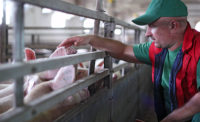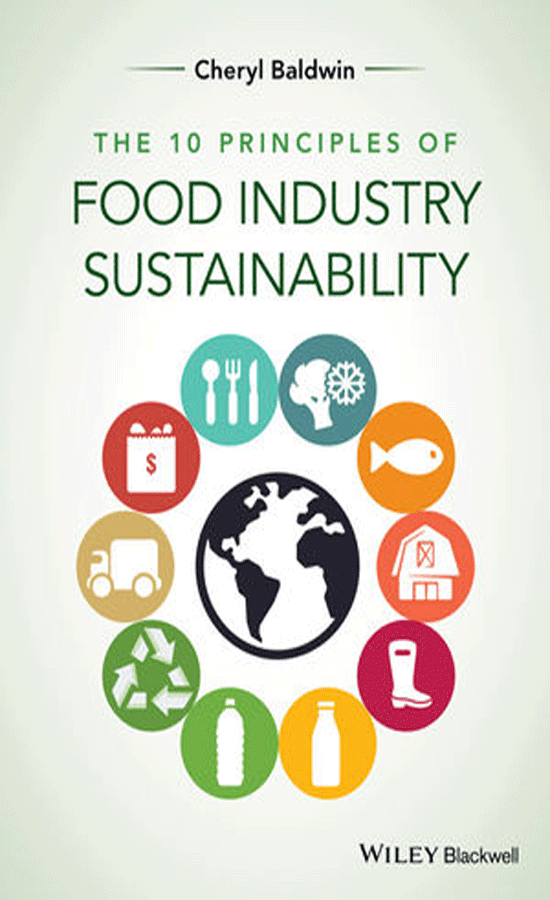Business Strategies | Sustainability
The new face of responsible sourcing
The definition of responsible sourcing has expanded beyond food safety to include issues like worker safety, animal welfare and the environment, but the definition of "supply chain" is changing too

There was a time when consumers didn’t give much thought to where their food came from. They assumed it was safe and responsibly produced. But, skepticism today is at an all-time high.
As a result, the new standard for “responsible sourcing” looks very different than it did even a decade ago. Consumers now broadly define it as responsible practices that are good for people, animals and the planet. That covers a lot of ground.
In fact, The Center for Food Integrity (CFI), Gladstone, Mo., identified 250 separate attributes of corporate social responsibility and sustainability.
A new moral standard
In addition to evolving expectations, the segment most interested in responsible sourcing is very vocal. According to CFI research, one in four Americans is actively engaged in online conversations about the topic. They want to have a positive impact on society and influence others to do the same.
Their priority is to advocate for a new moral standard for consumption by choosing products that promote social justice, equality, environmental sustainability and animal well-being. They don’t shop in traditional supermarkets—instead they purchase beef raised without antibiotics from a specialty butcher, choose cage-free eggs and dine at trendy restaurants where organic food is on the menu.
The findings profile consumers motivated to adjust their way of living to what they believe is ethical, sustainable and moral, and who trust that institutions and authorities truly understand the needs of society and will do the right thing.
Responsible sourcing defined
When it comes to people, consumers want to make sure that workers throughout the global food chain—from planters and harvesters to packers and servers—are treated well, paid a fair wage and offered a safe environment.
Child labor in developing countries, particularly in the palm oil and cocoa industries, seafood harvesting and animal well-being are important issues too. Today, more people want to ensure that animals are treated humanely, are provided with a quality diet and are in a place where they can exhibit natural behaviors.
CFI’s research shows the environment is an issue that’s growing in importance, particularly among younger generations more likely to make purchases based on social causes. They expect to find information online of food and agriculture organizations that address practices protecting air, land and water.
And, as the issue of climate change and the potential role of agriculture and food production remains front and center, consumers are interested in how the food industry is reducing its carbon footprint.
Food waste and food packaging are growing issues. It’s estimated that around one-third of all food produced, or 1.3 billion tons per year, is wasted. Some companies are finding ways to use “ugly” produce that otherwise would be discarded. In developing countries where food spoilage is higher, startups are working on innovations like solar-powered cold storage rooms.
And, major consumer packaged goods companies are releasing commitments to make 100% of their packaging reusable, compostable or recyclable by 2025.
Navigating the new environment
The new rules for responsible sourcing aren’t a passing fad, and based on trend, will continue to grow in both intensity and complexity.
The first step is assessing how your business may impact people, animals and the planet, and know the expectations of customers and other key stakeholders. It’s important to understand if your practices are aligned with their values and expectations. If they’re not, consider changing practices.
Also, being proactive can help your company get out in front of the issues. Don’t wait for the next mandate from customers or advocacy groups. Engage in discussions with the entire food chain now.
Finally, amplify your good work. Consumers expect transparency, so assess your outreach and determine if you’re communicating responsible sourcing efforts in all areas of marketing and communication. CFI research shows that transparency earns trust, and trust means the public is more likely to grant you the freedom to operate in the marketplace.
Looking for a reprint of this article?
From high-res PDFs to custom plaques, order your copy today!





